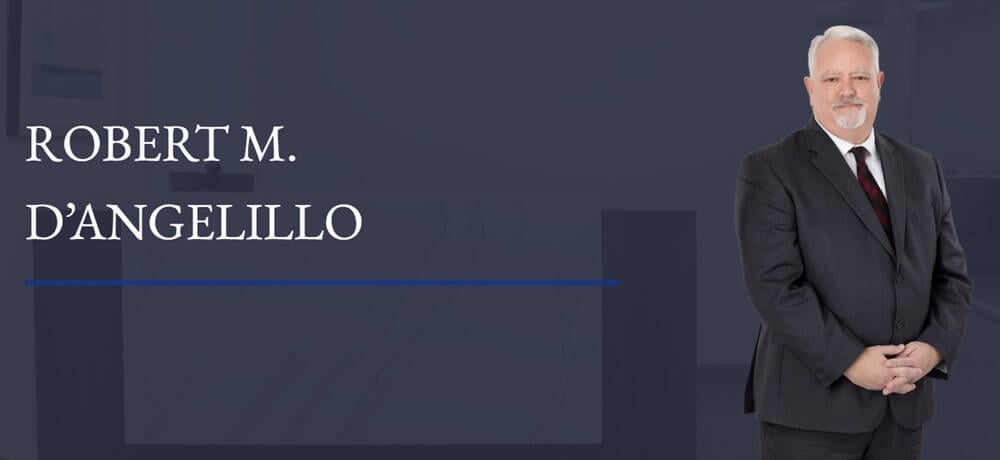Like wills and estate planning, most New Yorkers don’t give much thought to advance healthcare directives until later in life. While a catastrophic accident or terminal illness may seem unlikely, they are unfortunately a possibility for people of any age. This could also be an issue for individuals over 18 years of age who are away at college. Under the health care privacy laws, medical professionals may not be able to discuss your child’s condition unless the proper documents are in place.
A healthcare emergency is not an ideal atmosphere to hastily throw these documents together. However, it is a great idea to start thinking about it and then discuss them with an attorney.
Choosing a healthcare proxy
This is a lot of responsibility, so you’ll want to select this individual carefully. Beyond being competent and trustworthy, if possible, it’s not a bad idea to chose someone thatlives relatively nearby. A proxy who must fly five hours to be by your side is not ideal.
People often choose a spouse, partner or one of their adult children, but close relatives and friends are also good candidates. If you become incapacitated and have not named a healthcare proxy, a surrogate can substitute, but it may not be the person you want and they may not know your wishes..By executing a health care proxy, you ensure that the right person is in place.
It’s important when choosing your health care agent, that you choose someone who is willing to carry out your wishes, especially with respect to life-ending decisions. Sometimes people are unable to give those difficult instructions.
It’s important that when doing a healthcare proxy, you should probably name a back-up agent as well. This way you don’t need to rush in and make changes if your named agent is unavailable, for whatever reason.
Finally, the health care agent’s responsibilities do not kick in until it’s clear that you’re not able to make your own decisions.
Living will
In the world of unpleasant legal issues to tackle, determining the contents of a living will is close to the top of the unpleasantness scale. Alas, it’s also critical information that likely cannot be thoughtfully discussed during an emergency.
This document comes into play after a doctor has concluded that you have an incurable condition. You can clearly spell out exactly what end-of-life care you’d like and under which circumstances, such as the use of a ventilator if you fall into a vegetative state. You can also state which, if any, organs and tissues you’d like to donate after your death.
This requires some gloomy thought about quality-of-life ramifications, but that’s preferable to irreversible regrets after the fact. This also let’s the medical professionals clearly know what your wishes are if the health care agent under the health care proxy is not clear.
Do Not Resuscitate Order (DNR)
While a living will can state that you do not want cardiopulmonary resuscitation, if you are in a persistent vegetative state, a Do Not Resuscitate Order is usually done on a case by case basis.
Power of attorney
In addition to the health care proxy, it’s important to have a power of attorney. That has the named agent handling more broad duties outside of healthcare decisions, namely legal and financial decisions. People often name one person to be both their power of attorney and healthcare proxy. However, they could be different depending on the individuals.
It’s an excellent idea to meet with an attorney to help finalize your directives to avoid any confusion or legal challenges.


